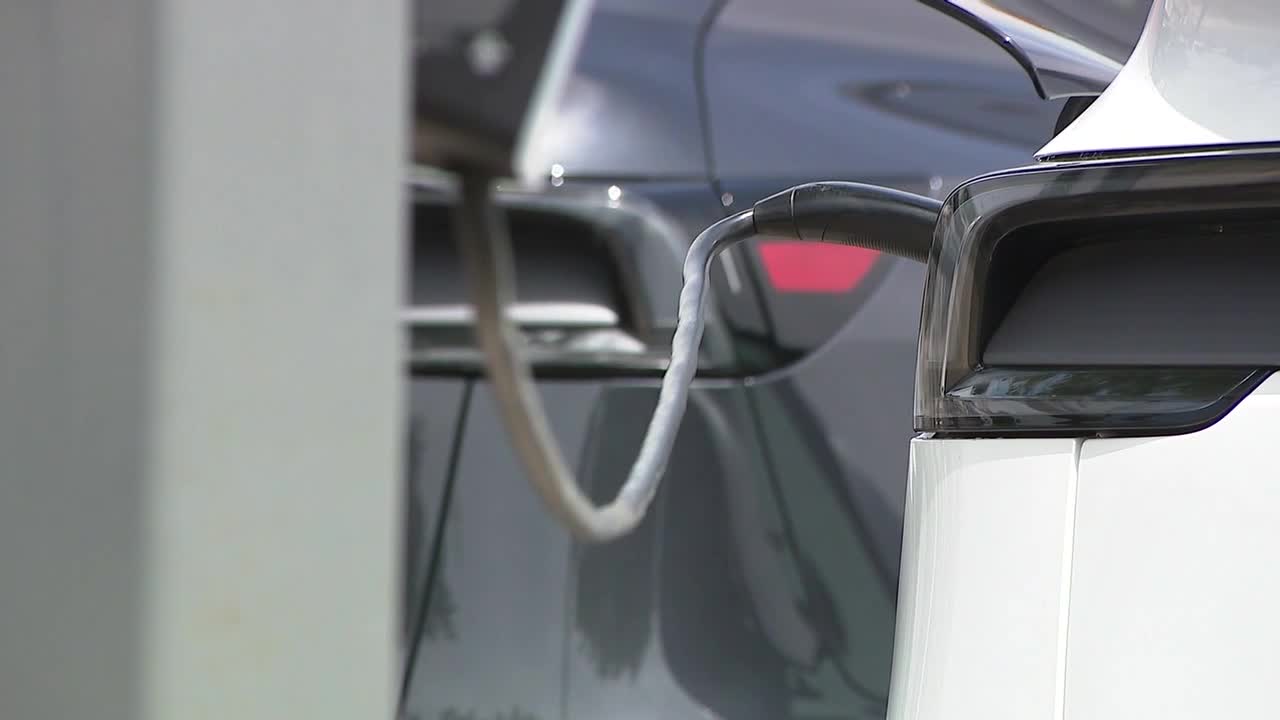DENVER — Federal tax credits that made it more affordable for Coloradans to purchase electric vehicles and install solar panels on their homes will expire soon.
That's because the ‘big, beautiful bill’ President Trump signed into law earlier this month is getting rid of the tax credits.
The Inflation Reduction Act (IRA), which passed under the Biden administration, expanded federal clean energy tax credits. But critics of the Biden-era tax credits described them as wasteful.
Republican Rep. Lauren Boebert, who represents Colorado's Fourth Congressional District, said they were part of a “green new scam” designed to hurt the oil and gas industry.

Politics
When will Coloradans feel the impact of Trump's 'Big, Beautiful Bill?'
Kris Tallent owns Excited Energy, a solar energy company in Loveland.
“I think that solar is a remarkable way of making electricity,” said Tallent. "To me, it's magic to have all of this energy lying around us, and all we need to do is put a collector out and capture some of that energy that was going to lay on your roof, maybe go unnoticed on a nice sunny day."
He’s seeing an uptick in business right now as people learn that a federal tax credit that reduces the cost of installing solar panels and water heaters by 30 percent will expire soon.
The tax credit, which was originally set to expire in 2032, will now expire on December 31.
Tallent said homeowners who want to take advantage of the tax credit must have solar panels installed by that date.
“September, October is really when you want to sign a contract and get that moving,” said Tallent.
The ‘big, beautiful bill’ also removes a $7,500 federal tax credit for electric vehicles.

Environment
How Trump's 'Big, Beautiful Bill' could impact EV car sales and affordability
Will Toor, the executive director of the Colorado Energy Office, said when combined with a state tax credit, the federal tax credit helps cut the cost of buying an electric vehicle by $11,000.
“In Colorado, we've been seeing huge consumer interest in electric vehicles,” said Toor.
The federal electric vehicle tax credit was also originally set to expire in 2032, but will now expire on September 30.
Toor said because Colorado’s budget isn’t projected to grow enough, the state’s electric vehicle tax credit, which is $3,500 this year, will drop to $750.
He added those in the market for an EV should act now.
"The best deal you're going to get in a new electric vehicle for the next few years, it's probably between now and September 30, when you can get $11,000 off the cost of that vehicle,” said Toor.
If you'd like more information about Colorado’s electric vehicle tax credit, head to the state energy office’s website. More information about the federal electric vehicle tax credit can be found on the Internal Revenue Service’s (IRS) website.




